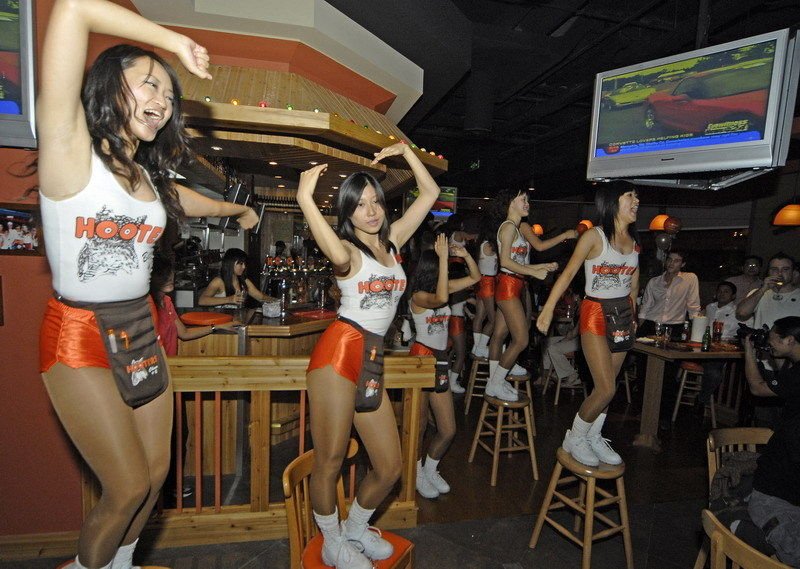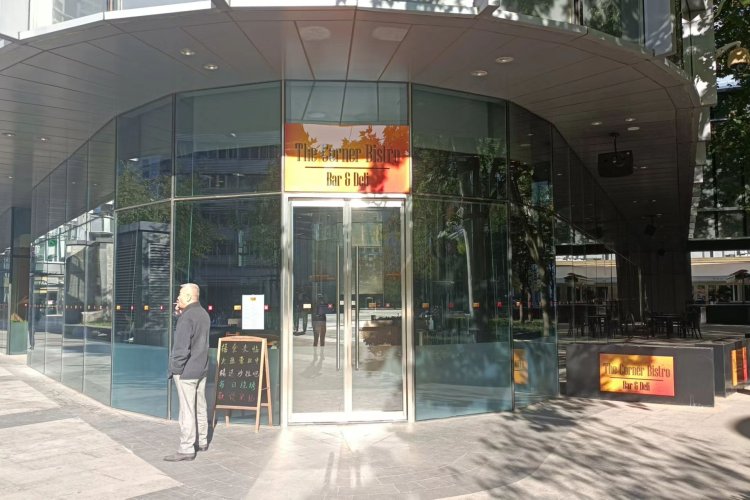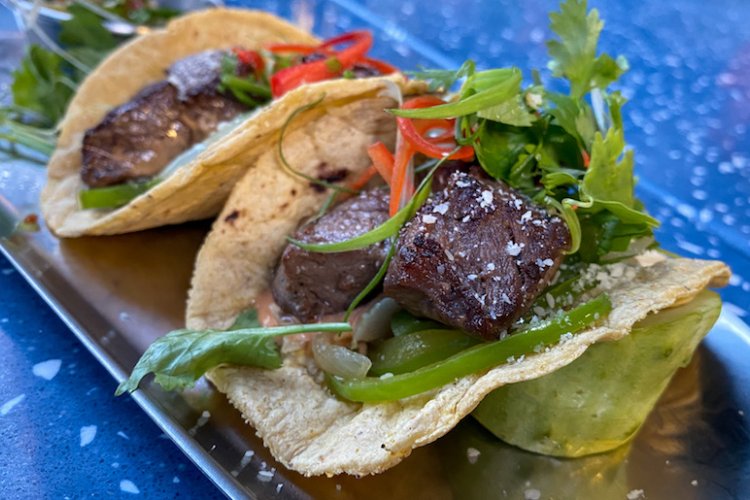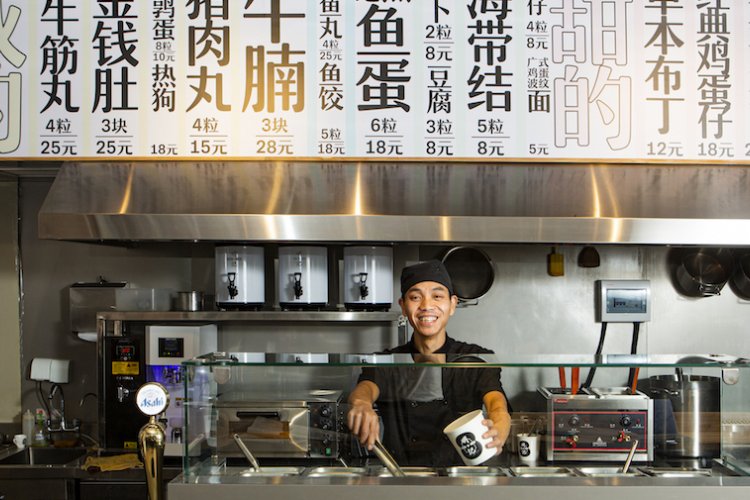Thanks for All the Mammaries: Hooters and Original Sculpting in Time Venues Shutter
Reports are circulating that one of America's most notorious imports, Hooters, has met its demise after a whopping 12 years in the bosom of Beijing's F&B scene.
Held aloft largely by middle-aged white men and bros, the iconic chain arrived way back in 2007 to feed the Beijing masses wings, burgers, and massive, glistening, jiggling jugs of beer, its mere existence a nod to the growing cosmopolitanism of the capital ahead of the summer Olympics.
From then on, Hooters sat and watched stoically from its second-floor Sanlitun perch as hundreds of other venues fell by the wayside, and despite its niche following, its disappearance marks the end of yet another of the Beijing old guard.
A Chinese-language note posted on the venue’s website indicated their lease was up Jan 28 and would not be renewed, and described how VIP cardholders could apply for a refund:
Hooters Beijing Restaurant will be closed for business on Jan 28, 2019 due to the expiration of the lease. Thank you for your support and love of Hooters all the time. Customers who purchased a VIP card with remaining credit can be refunded at stores from now until Feb 18, 2019 (except on weekends and statutory holidays). The card will remain valid until Feb 18, 2019 (10am-5pm, except on weekends and public holidays). Call 6585 8787 or 139 1017 8503 for more information.
A similar note was posted about the closure of the venue’s Huaihai location in Shanghai. A third location is listed as being in Pudong but there was no indication on the site of the fate of that location.
Back in September 2007, TBJ editor Matt Jager covered the Beijing branch's launch (pics here), setting a surreal scene:
"After we’d eaten satisfying American diner-grub ... a pair of dancers with pom-poms performed an energetic routine. In a tragically misinformed musical selection, they tossed their hair and wiggled their empty white shorts to Sir Mix-a-lot’s 'Baby Got Back.' An enormously overweight guy with a fat trembling lower lip asked for napkins. A Hooter’s girl got on her tip-toes to wipe the sweat off his bald head. ’Now,' howled the hostess, ‘everyone please gather to enjoy our traditional dance!' The girls clambered onto stools and performed the YMCA. I took off running."
Despite the initial weirdness, in some ways, China-side Hooters were trailblazers, severing themselves from their US overlords in favor of something that was intended to be more family-oriented and wholesome. For one, "they hired girls on personality rather than physical attributes." Now it seems that the only way that we'll be able to get the real American Owl experience in Beijing is by rewatching this golden nugget of history from CBS.

'Sculpting' runs out of time
Though perhaps less relevant to all but the oldest of old-school expats, another closure has caused significant chatter this month: that of the original Sculpting in Time café in Wudaokou.
Opened in 1997 by a young entrepreneurial Chinese couple, Sculpting in Time is regarded as having provided the first proper taste of café culture to Beijing, a full two years before Starbucks opened their first mainland store in Guomao.
Several other Sculpting branches followed across the city and further afield in Nanjing, Shanghai, Fuzhou, Shenzhen, and Dalian, attracting students with kitsch movie posters, classic books, cats, and most importantly, well-priced cups of joe.

Part of the problem seems to have arisen from the fact that management was struggling to make a profit in an increasingly competitive market, ballooning rent and salaries.
"In order to make more money, as many tables and chairs were added in each store. The quiet environment disappeared, moving around became inconvenient, and the customer experience suffered," explained Zhuang Zai, co-founder of Sculpting in Time, in a recent WeChat post (in Chinese).
After a series of internal struggles, failed investments, and business opportunities gone awry, including a potential acquisition that fell through in 2016, the company slowly began to unravel. The final straw for the original Wudaokou branch came when the property landlord sued the venue for overdue rent. Shortly afterward, the café shut down.
Though the founding venue has shuttered, you can still find a similar cozy experience at the ten other franchise venues in Beijing that remain open.
Whereas it's often the newer, more innovative venues that we're quick to bid farewell to, these two closures are a stark reminder that there's a whole other generation of restaurants that have defied incredible odds to stick it out this long.
This city changes fast. Stay up to date with Beijing's latest openings and closings, right here.
Photos: Chicago Tribune, WeChat








